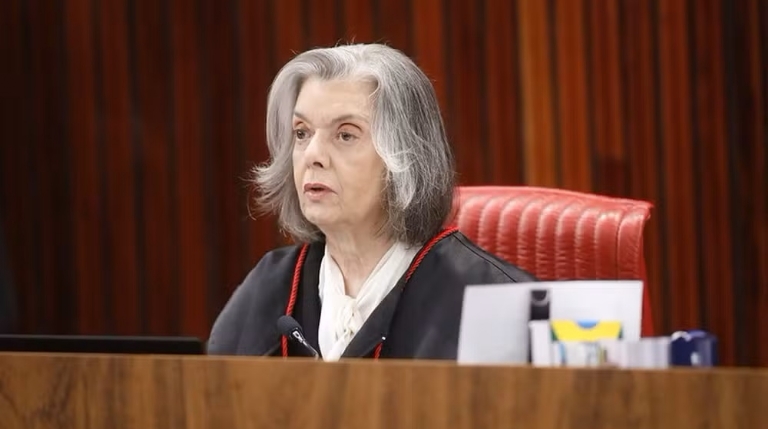

Gaming companies allowed people to bet on who would be the next mayor of capital cities such as São Paulo, Rio, Manaus, Porto Alegre, Salvador and Belo Horizonte. At least seven websites were offering betting services for the 2024 municipal elections. In the vast majority of countries where online betting is permitted, the main bookmakers offer this market.
The modality has no specific legal provision in Brazil. The Ministry of Finance stated that they cannot be understood as legalized or in the process of being regulated. Last Friday (13), at least three of the seven were no longer offering the service.
In December 2023, the National Congress approved the bill that regulates the sector. The fixed-odds betting lottery is a system that includes virtual online gaming events – such as the Fortune Tiger – and real sporting events, such as football matches.

The rapporteur for the case was Justice Cármen Lúcia, who presides over the Superior Electoral Court. The measure was praised by Justice André Mendonça. Experts pointed out that there was no legal provision prohibiting the practice. Now, with the TSE resolution, this type of betting becomes an electoral offense.
For attorney Marilda Silveira, an expert in electoral law, the TSE acted correctly in prohibiting the practice. “The court was right to associate this practice with the abuse of economic power, because it is a way of using resources to give greater or lesser visibility to a given candidate, associating it with a possible chance of victory,” she stated.
For Wesley Araújo, who is a member of the Brazilian Academy of Electoral and Political Law (Abradep), the new resolution “is a crucial measure to preserve the integrity of the election. This resolution is an important step to ensure that the elections take place without external interference and with total equity between candidates and parties.”
Lawyer Fabrício Medeiros said he understands the TSE's reasons, but argues that the measure could not be imposed through a resolution. "Although I understand the TSE's concern regarding the issue, I am concerned about the creation of this prohibition through a merely regulatory act, and not through a law, that is, a normative act produced by the Legislative Branch," he said.
Source: Valor